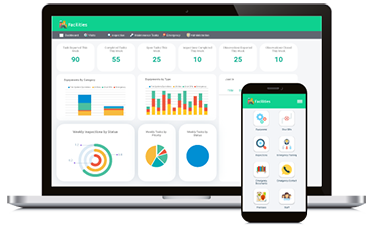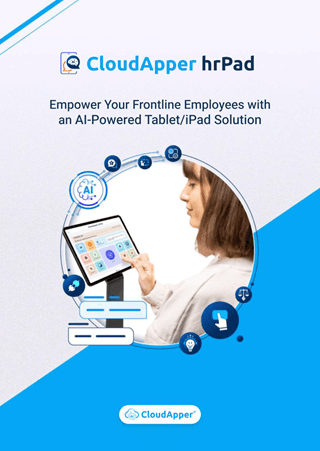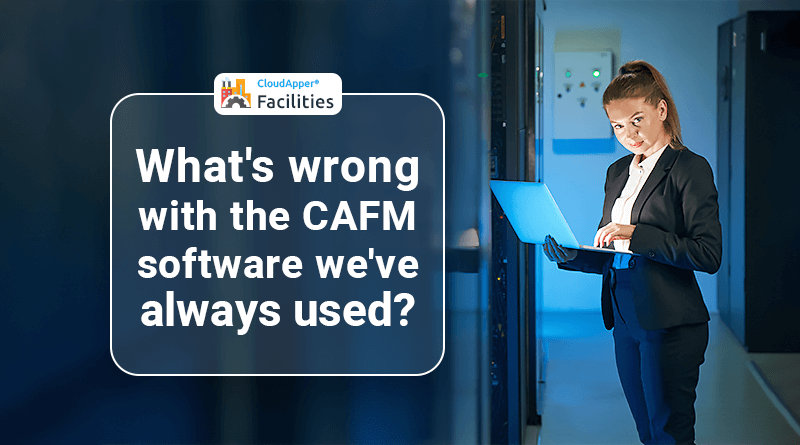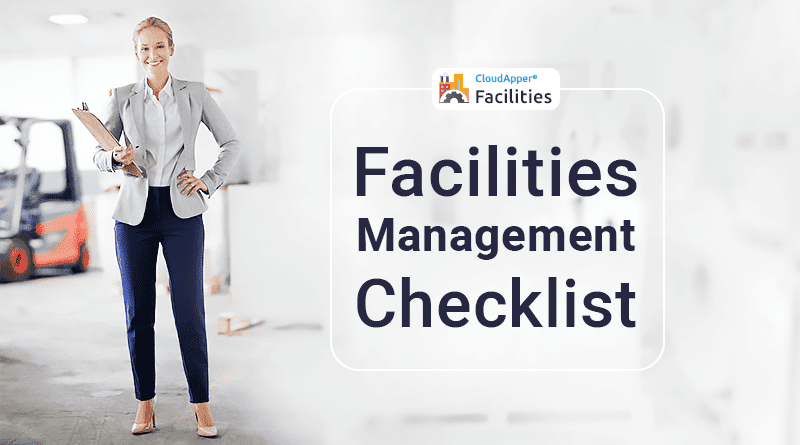Table of Contents
Facility management software, commonly referred to as automation software for facilities, is a control software based on computer systems. The software monitors and controls the facility’s assets and mechanical equipment, such as lighting, ventilation, and powerful software, as well as security systems and fire alarms.
Large campuses and commercial facilities can’t function without this software. As buildings get older, facility management becomes more complex. As such, many companies attempt to cut the cost of such facilities by optimizing their management.
Facility management is now about keeping operating and energy costs at a minimum, assisting with establishing sustainable goals, creating a healthy indoor space, enhancing the experience of the occupants, and optimizing the overall space utilization.
Facilities management is more than just a responsibility for the facility’s infrastructure. In light of this, it becomes a matter of whether or not it is an urgent necessity to improve your facility management software to meet the needs of the future? The answer is simple: yes.
According to the majority of subject experts, modern facility management software should possess seven key attributes or features to help facilitate successful operations. These include:
Flexible and open.
A platform with similar characteristics will be able to connect to the existing systems and servers, saving money and making platforms more cost-effective. A modernized facility management software will also permit easy integration into other software – for example, energy and power management – providing an all-encompassing view of all operational circumstances.
Cybersecure.
As operational technologies (OT) and IT-related software merge with facility management, securing the facility from cyberattacks is essential. Facility management software should be protected by design, implying that their development and operations adhere to strict security guidelines and best practices.
Flexible.
Facility management needs to adapt to tenants’ changing and evolving demands, many of whom will likely have plans for a hybrid-style office space. In addition to facilitating office reconfiguration, facility management also needs to predict the necessary maintenance of HVAC (Heating Ventilation, Heating Conditioning) systems to maintain suitable air quality to maximize efficiency and occupant well-being.
Intelligent.
The most recent facility management technology can provide more accurate information and analysis with KPI (Key Performance Indicators) dashboards and thorough reports and trends that help you identify the most beneficial opportunities to cut energy consumption and waste. The most cutting-edge facility management software provides advanced data analysis and modeling support while identifying potential issues by automatically prioritizing alarms that help you detect potential dangers and respond quicker.
Accessible for mobile devices.
In line with recent advancements in mobile technology, facility management teams should provide all staff members with mobile and remote access to information and control. This will increase the efficiency of staff and assist during times of need when facility access is restricted (such as during the pandemic).
Hosted on the cloud.
The managing energy and facility capabilities can be hosted on the cloud, eliminating the expense of maintaining IT equipment and software. Cloud-based facility management helps to ease the process of scaling up the business across the entire facility portfolio, ensuring the potential for superior equipment capacity.
Attractive.
Modern facility management software must be able to provide applications and services that offer the most engaging experience for users. For example, mobile devices can be utilized to access and update information remotely, send alerts, and schedule work orders for maintenance requests, along with many further applications.
What is CloudApper AI Platform?
CloudApper AI is an advanced platform that enables organizations to integrate AI into their existing enterprise systems effortlessly, without the need for technical expertise, costly development, or upgrading the underlying infrastructure. By transforming legacy systems into AI-capable solutions, CloudApper allows companies to harness the power of Generative AI quickly and efficiently. This approach has been successfully implemented with leading systems like UKG, Workday, Oracle, Paradox, Amazon AWS Bedrock and can be applied across various industries, helping businesses enhance productivity, automate processes, and gain deeper insights without the usual complexities. With CloudApper AI, you can start experiencing the transformative benefits of AI today. Learn More


















